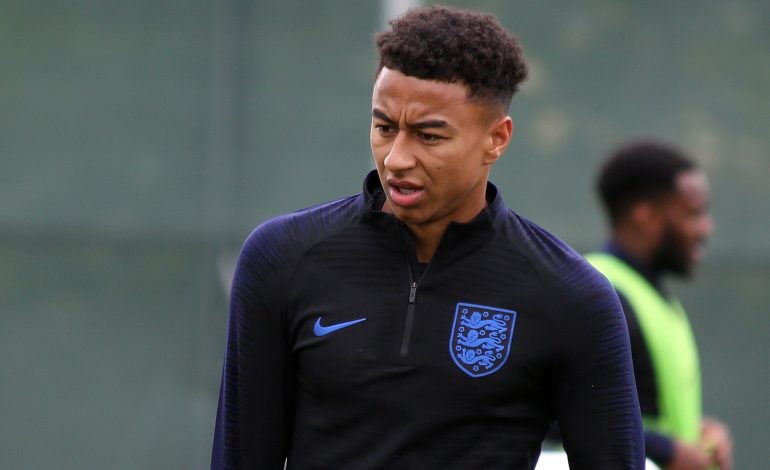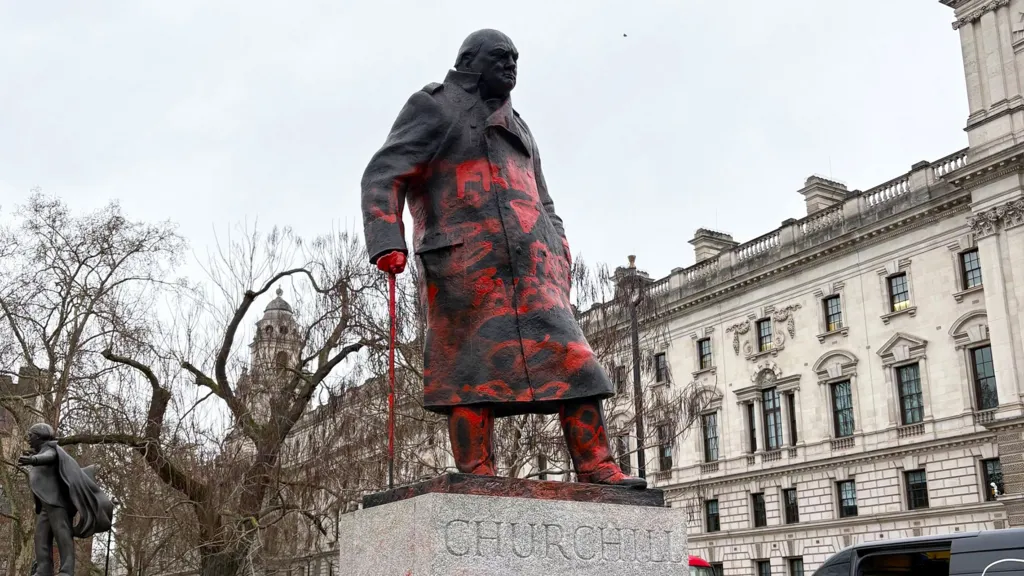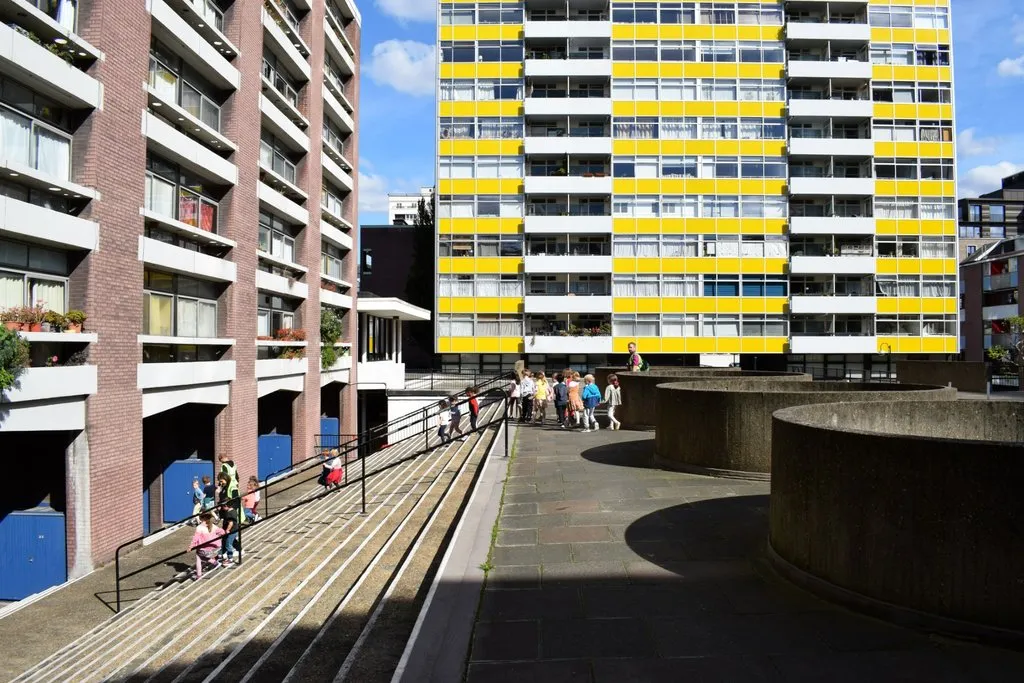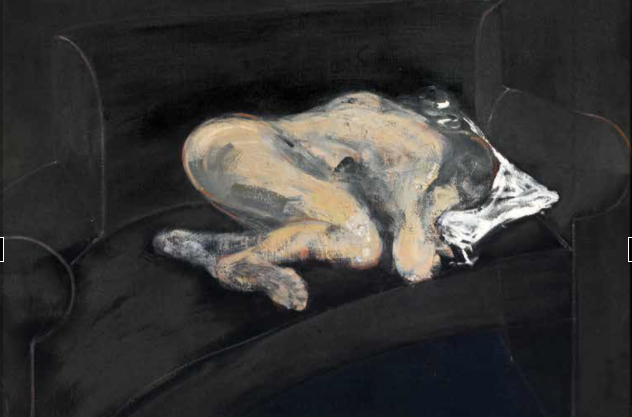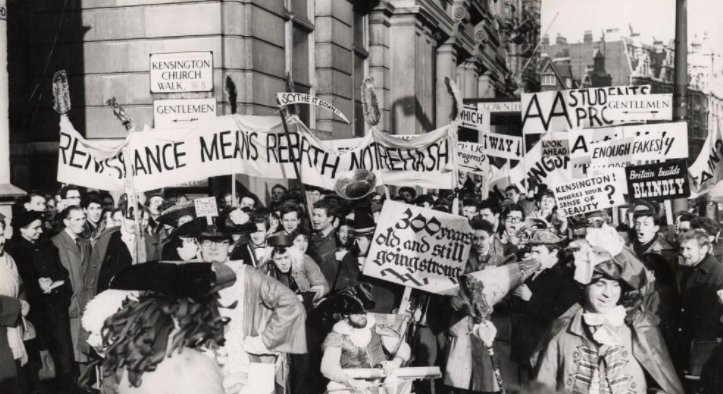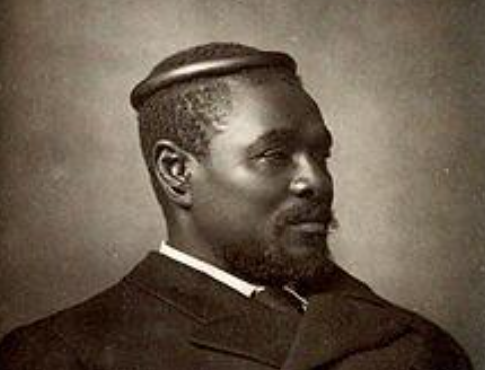The Fairy Queen Captivates at the BBC Proms
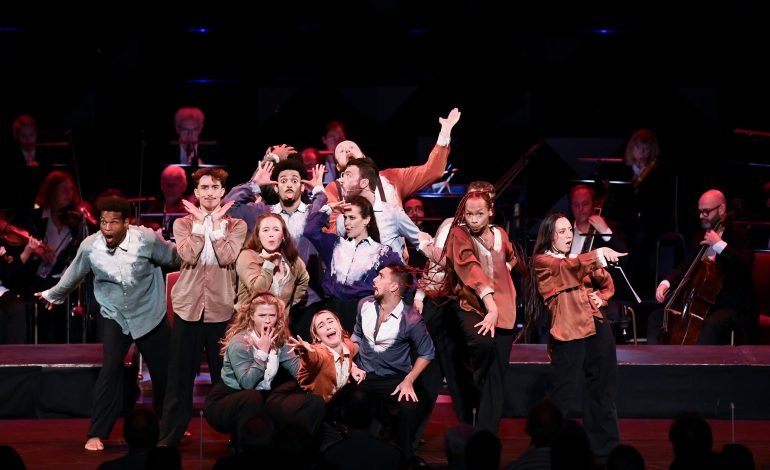
The Fairy Queen at the Royal Albert Hall
6th August 2024
Purcell: The Fairy Queen
Les Arts Florissants
Conductor: Paul Agnew
If ever there was a Prom to send the audience out into the night in a rapturously good mood, The Fairy Queen was it. Purcell’s music was played with immaculate finesse, sung with ravishing sensitivity and staged with immense intelligence. It was a performance that caught all the humour and pathos of this sprawling work that anticipated the modern musical by over 200 years.
In this production the Fairy Queen herself rarely appears because it dispensed entirely with the spoken play that the original producer, Thomas Betterton, presented, very loosely based on Shakespeare’s, A Midsummer Night’s Dream. For the Prom, only the music was performed but it provided two hours of compelling entertainment in its own right. Although the narrative logic is lost (fairly disjointed in the 1692 original anyway) the spectacle flowed along as a sequence of ever more beautiful songs and dances, here integrated with constantly moving performers into a magical tapestry of staging.
The brilliance of this production lies in the way the choreographer, Mourad Merzouki, brings together the singers and dancers in such a way that there is barely any distinction. A dancer can emerge from among the chorus or wrap themselves around a solo singer. A singer or even a violinist (Augusta McKay Lodge in the gorgeous song “Oh Let Me Weep”) can glide and dance with equal panache – though they did not have to launch into the fearsome breakdancing or more convoluted contortions achieved by superb Companie Käfig. Merzouki’s greatest asset is that his staging always matches and illustrates the music, never fighting against it. For once, the Radio 3 recording gives only an inkling of the sheer excellence on display in the hall.
Much of the praise must go to the young singers of Le Jardin des Voix, effectively Les Arts Florissants’ post-graduate programme. The soprano Paulina Francisco, mezzos Georgia Burashko, Rebecca Leggett and Juliette Mey, tenors Ilja Aksionov and Rodrigo Carreto, baritone Hugo Herman-Wilson and bass-baritone Benjamin Schilperoort (a splendidly debauched drunken poet) were without exception ideal. With such a disparate group of nationalities one might have expected some odd English accents but Sophie Daneman had coached them to sound entirely natural with diction so clear not a word was lost in the vast space of the RAH and their baroque ornamentation was unfailingly well-judged. Paul Agnew, himself one of our most accomplished baroque singers, conducted with a perfect sense of pace, never rushing, keeping out of the way when the singers were only accompanied by a small continuo group. But he rarely needed to offer more than the occasional reminder in any case. This could hardly be a more embedded show – this was its 29th performance around the world.
The subtle lighting by Fabrice Sarcy enhanced but never distracted. If there was one unsatisfactory element it was the costume design by Claire Schirk – dour black for the first half, some more colours but still mostly subdued for the second. There is so much energy and power in the music and movement that a more bold palette would have been welcome. This is only a quibble, though. The glory of Purcell’s music and the elegance of Merzouki’s staging was enough to be continuously moving and brought unfettered joy long after the applause finished.
For more details on upcoming BBC Proms events, visit the BBC Proms official site.
[Image Credit: The dancers of Companie Käfig, the singers of Le Jardin de Voix and the players of Les Arts Florissants in Purcell’s The Fairy Queen. Photo Chris Christodoulou]

